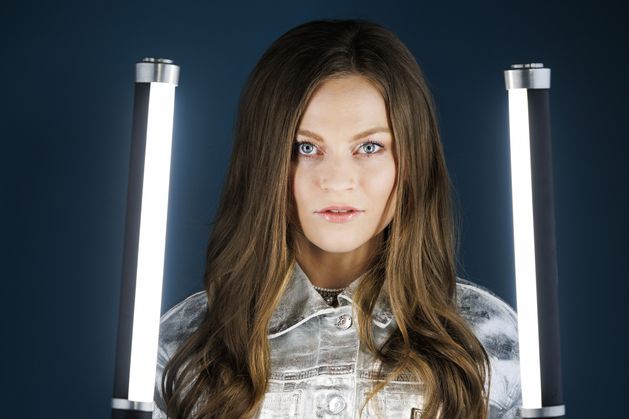It is the end of an era, because for the first time in 12 years, Micheal Kealy will no longer lead the broadcaster’s Eurovision team as head of delegation.
An RTÉ spokesperson said Mr Kealy “has moved on from the role to co-executive produce The Late Late Show”.
Instead, Alan Tyler, who joined RTÉ in May 2022 as group head of entertainment and music, will act as head of delegation at the 2026 Eurovision.
This is the first time that Ireland’s delegation has ever been led by the head of the department.
Mr Kealy had led the delegation since 2013, taking over from Julian Vignoles.
During Mr Kealy’s time, Ireland has qualified for the Eurovision grand final a total of three times.
In 2013, Ryan Dolan’s Only Love Survives came 26th after receiving just five points. Ryan O’Shaughnessy came 16th in 2018 with Together, and in 2024, Bambie Thug delivered our strongest performance in years with ouija-pop song Doomsday Blue, ranking sixth.
Fans are keen for the national finals to be moved … to a standalone programme.
Last year, RTÉ announced that Clare Hughes was the new co-head of delegation, but this year she will executive produce The Late Late Toy Show.
RTÉ entertainment and music editor, Katherine Drohan, will become RTÉ’s Eurovision deputy head of delegation. She was one of the co-creators of RTÉ’s disastrous Toy Show The Musical, which recorded losses of €2.2m.
In recent years, there have been calls for a change to the Irish Eurovision selection process.
Fans are keen for the national finals to be moved off the Late Late Show’s Eurosong special. There have been calls for a standalone programme.
In the past, Mr Kealy said he would like to take that route.
When asked if the Eurovision selection process will continue to take place in the Late Late Show studio, the broadcaster said it “will publish details of the approach to selection for the 2026 Eurovision Song Contest in due course”.
During his time as head of delegation, Mr Kealy received some criticism from song contest fans regarding Ireland’s dismal track record in recent years.
People write to the director general telling her to fire me, they don’t just write to me
In 2022, he told the Irish Eurovision podcast, Éirevision, that no “other producer in RTÉ has to put up with the abuse I get” and that “you wouldn’t want to have too thin a skin” to take on the role of Eurovision head of delegation.
“People write to the director general [then Dee Forbes] telling her to fire me, they don’t just write to me,” he said.
Alan Tyler previously worked at the BBC as executive editor of entertainment commissioning and was associated with prominent shows including Strictly Come Dancing, All Round to Mrs Brown’s and Comic Relief.
In 2023, there were reports of backstage tensions between Mr Tyler and some of the production team on The Late Late Show.
In May, the Irish Eurovision entrant Emmy did not make it to the grand final in Basel, Switzerland.
Her song Laika Party, about an alternative reality where the Soviet space dog participated in an intergalactic disco, failed to make a lasting impression.
The Eurovision was first contested in Lugano, Switzerland, in 1956, in the wake of World War II. The aim was to bring Europe, devastated by war, together in a celebration of music.

